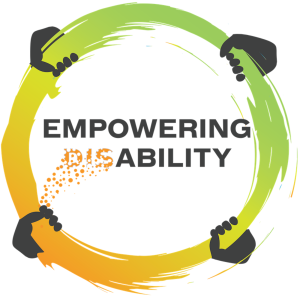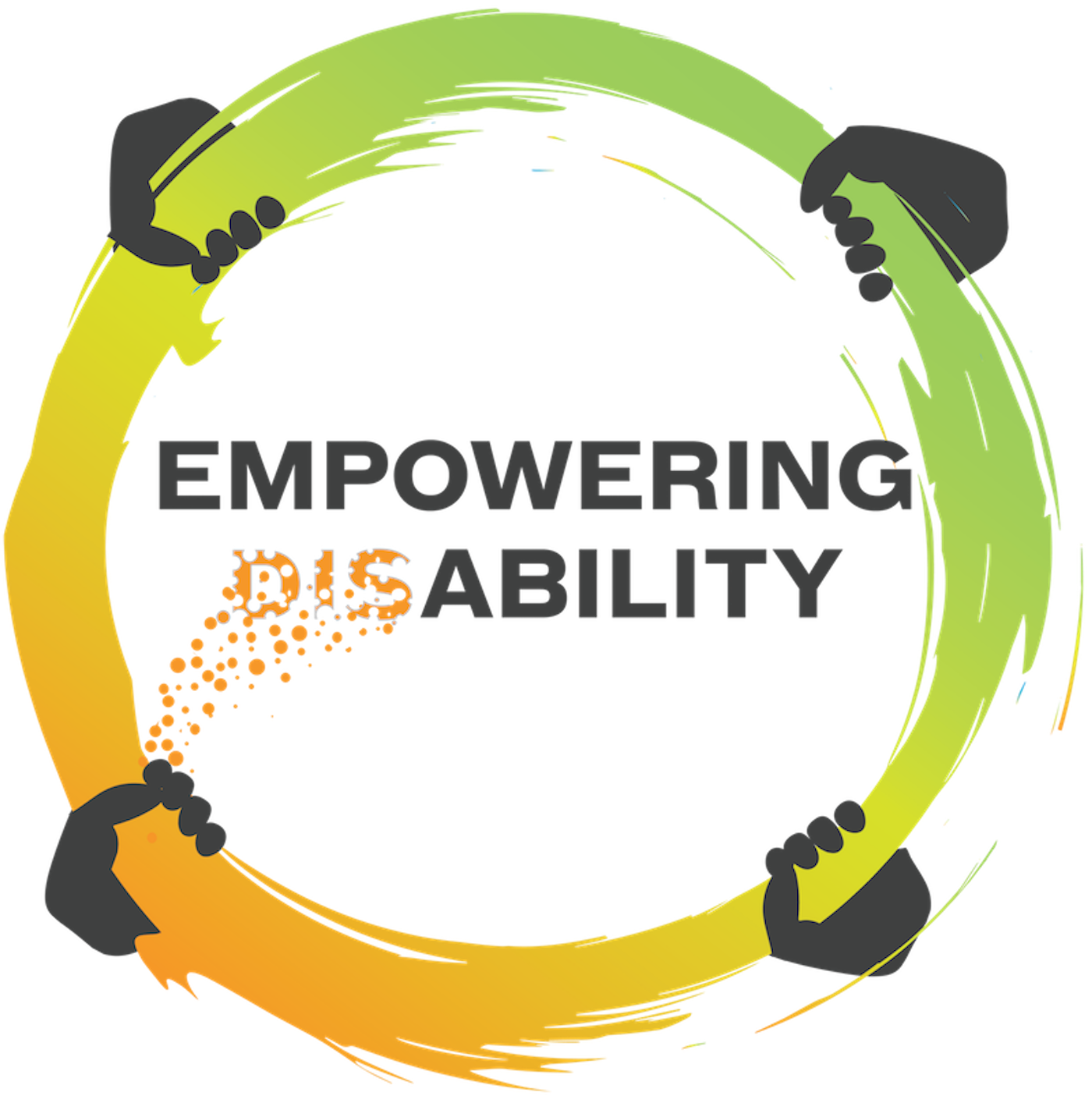Episodes

Tuesday May 08, 2018
#044: Resiliency and Compassion, with Joscelyn Duffy
Tuesday May 08, 2018
Tuesday May 08, 2018
Guest Joscelyn Duffy shares her strategies of resiliency through her recovery from a life threatening illness, & we discuss how to be a compassionate supporter.
Joscelyn Duffy is a communication and contribution strategist who travels the world serving leaders in the development of their messages, model and methodologies. At the young age of 26, Joscelyn went from high potential employee in the financial sector and marathon runner to being bed ridden for 2 years with a life threatening case of lupus. During these two years Joscelyn slowly recovered but was only left with 2 to 3 good hours per day. Joscelyn shares, “This was a shock and massive unexpected shift in my life.” Joscelyn found that she had to make the best of her 2 to 3 hours, especially compared to when she had 16. She was left asking herself, “How do I push through with mental fortitude?”
Paraphrasing from the podcast Joscelyn shares, “When my illness happened I wanted to hold onto the way life was and went right back to work from bed.” She found that she couldn’t do what she was once able to do. She said to herself, “If I am listening to life I’ve got to get over what my head is telling me, and there is something else I could be doing.”
This new thinking led to acceptance of her current situation, and a focus on what mattered most to her – being active with other people, and engaging in her passions; reading, writing, and painting. There was a lot of healing that came through writing a book on her story titled, “Unshakable to the Core.” This led to Joscelyn’s current career as a ghost writer, helping other people to have their voice heard.
Joscelyn’s Insights on Resiliency:
For Joscelyn, it was simple; compassion and small actions.
-
Simply have compassion for yourself.
-
Small action; It is going to take small steps to get to where you want to go. When Joscelyn was learning where to walk, she had to start with the first couple of steps. Every step is like going up a staircase toward your ultimate goal.
How can we support someone that is experiencing a challenge?
“If you want to make god laugh, you tell him your plans.” – Woody Allen.
Paraphrasing from the podcast Joscelyn Shares, “Life rarely ever goes the way we plan it. We take ourselves way to seriously. We can take a light-heart into these situations as a supporter. Try to encourage flexibility. Especially when you are working with a person that has to do something a certain way, ask them to just try it once.”
Empathy Vs. Compassion
Something I have personally been struggling with is being empathetic of people I am supporting, rather than being compassionate.
So, why is this a problem?
Being empathetic is feeling and taking on what someone else is feeling or walking in their shoes. Or, as Joscelyn defines it, feeling the pain of another.
Vs
Being compassionate is understanding what someone is going through, but not taking on their emotions. Or as Joscelyn defines it, wanting help to alleviate the pain and suffering of others.
The challenge with being empathetic is that our ability to be helpful is at risk of being diminished by taking on the emotions of others, where as being compassionate allows us to stay grounded in our own perspective and to support the person to move forward.
The Compassionate Supporter is a More Effective, and Happier Supporter.
In 2016, Michael Poulin and associates at State University of New York at Buffalo conducted a study to see the impacts of taking two different perspectives as a supporter; a helping imagine-self perspective taking (ISPT) (i.e. walking in their shoes perspective), and an imagine-other perspective taking (IOPT) (i.e. seeing through their eyes perspective).
The study found that ISPT resulted in relative threat, whereas IOPT resulted in marginally greater relative challenge. This effect was mediated by increased perceived demands of the situation. Moreover, self-reported distress was only associated with threat during ISPT, but not during IOPT.
Source: https://www.sciencedirect.com/science/article/pii/S0022103116303961?via=ihub
So, what does this mean?
When we walk in another's shoes as a supporter, we take on threat and our stress levels increase. When we look through the other person’s eyes there is only a small impact on us - less stress. This study tells us that we can be a more effective supporter by being compassionate vs empathetic.
Putting Compassion into Practice:
Putting compassion into practice is something I am working to develop myself. Joscelyn offered a practical model, ‘The 4 P’s of Compassion’, to understand compassion that I found very insightful, as well as a couple of tools we can use to practice being compassionate.
"The 4 P's of Compassion"
Presence: Being there fully the moment with the person
Perspective taking: Seeing the world through their eyes, without fully stepping into their shoes
Patience: Being patient with yourself and those you serve.
Progress: support for forward progress – the small steps also count.
Tools to Practice Compassion:
Being compassionate is about perspective taking. As stated in Michael Poulin’s study, it is more beneficial to try and see things through another person’s eyes, rather than trying to walk their shoes. When we look through another’s eyes and stay grounded in our own two shoes as the supporter we have decreased stress, and increased health and wellbeing.
We aren’t helping others when we are taking on what they have.
Sounds great! How do we do this?
Joscelyn shares, “You can think about it like watching a movie. When watch a movie you might laugh, smile, or cry, but when the movie is over you haven’t taken that on (i.e. those emotions don’t continue to impact you). You have learned from it, you are better for it because now you see a different perspective, but you don’t internalize it. It is a dance.”
Joscelyn is also a Reiki practitioner, and she had to learn how to stay in own her own strength and energy. She shares a strategy that she uses, “I see my favorite colour around me (picture being in a bubble of colour), and positive energy can come in, and the negative energy can’t penetrate this shield. This allows us to stay in our own energy while supporting another."
On the podcast, Joscelyn also shares how to find your own voice, which is something Joscelyn has a great deal of experience supporting others to do as a ghost writer.
A big thank you to Joscelyn for sharing her story and insights on resiliency and compassion!
Love & Respect,
Eric Goll
Resources:
Joscelyn’s Website: Joscelynduffy.com
Joscelyn’s Books: Click Here
Joscelyn’s Blog: Click Here
Read more on perspective taking: Click Here
If you received value from this content please leave me a review on iTunes. By leaving a 5 star review on iTunes you make the Empowering Ability Podcast more discoverable, and more families will benefit. Click Here To Leave a Review on iTunes
The Empowering Ability Podcast is available on iTunes and various other apps so that you can listen while on the go from your smartphone!


No comments yet. Be the first to say something!